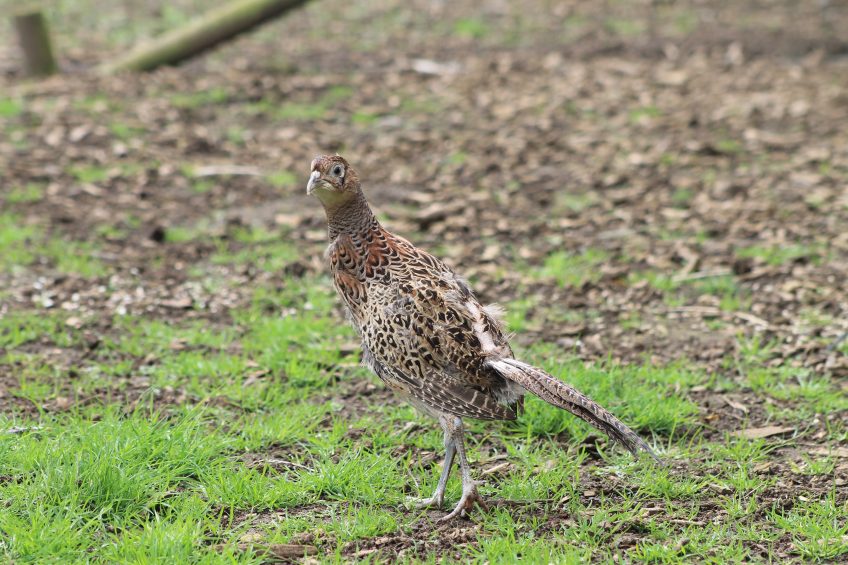Bird flu confirmed in Lancashire flock of breeding pheasants

Avian influenza has been found within a commercial breeding flock of pheasants on a farm near Preston, Lancashire.
It is the same H5N8 strain found to date in the UK on two turkey farms, in two backyard poultry flocks and more than 800 times across Europe, mainly in wild birds.
The farm, near Pilling, south west of Lancaster, is now the centre of a 3 km protection zone, and a wider 10 km surveillance zone preventing the movement of poultry.
It is understood the premises held about 10,000 breeding pheasants, ‘a number’ of which died before disease was detected, according to Defra.
The government has reiterated its calls for the highest levels of biosecurity on poultry farms – and that the risk to human health remains low.
A housing order for all poultry – including backyard flocks – remains in place across the UK, designed to mitigate the risk of disease spread.
This order is in place until 28 February, though in Northern Ireland the government has already extended this to 16 March.
Chief vet Nigel Gibbons said the pheasants that remained on the poultry farm would be humanely culled, and added: “The Government has taken swift action to limit the spread of the disease, with restrictions around affected premises and wider measures in place across the country.
“To reduce the risk of bird flu spreading from bird to bird there is currently a legal requirement for all poultry keepers – even those who just keep a few birds as pets – to keep their birds housed or otherwise separate from wild birds.
“Bird flu is also transmitted via the environment, for example in wild bird droppings, and it is vital that keepers practice strict biosecurity. This means taking precautions such as putting up netting, keeping food and water inside and disinfecting footwear and equipment after contact with birds.”













